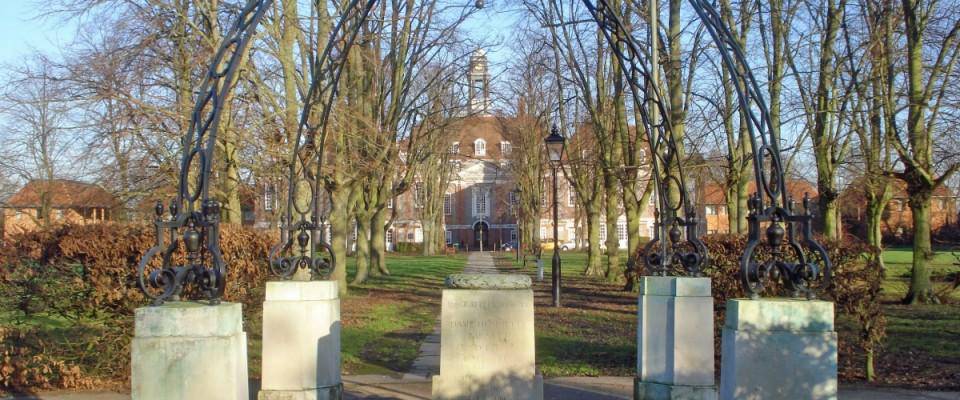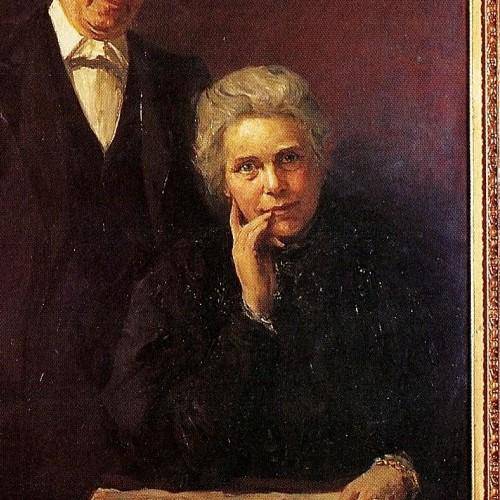Dame Henrietta Octavia Weston Barnett, DBE (née Rowland; 4 May 1851 – 10 June 1936) was a notable English social reformer, educationist, and author. She and her husband, Samuel Augustus Barnett, founded the first ‘University Settlement’ at Toynbee Hall (in the East End of London) in 1884.
A daughter of Alexander Rowland, a wealthy businessman, in Clapham, she developed an enjoyment of country pursuits. She worked with Octavia Hill who was instrumental in introducing her to the curate of St Mary’s, Bryanston Square.[citation needed]
She subsequently married Canon Samuel Barnett in 1873; later that year the Barnetts moved to the impoverished Whitechapel parish of St Jude’s intent on improving social conditions.
Activism
She established the Metropolitan Association for Befriending Young Servants in 1875, the Children’s Country Holiday Fund in 1884, and annual loan exhibitions of fine art at the Whitechapel Gallery, which was built in 1897 at the behest of the Barnetts. She was also associated with the Hampstead area of north-west London, conceiving the idea of the model housing development of Hampstead Garden Suburb in 1904 (working with architects Raymond Unwin and Sir Edwin Lutyens) and helping protect part of Hampstead Heath from development by Eton College. She also founded the Henrietta Barnett School in Hampstead Garden Suburb in 1911.[citation needed]
Writings
Barnett wrote several books,[1] alone and with her husband, including Practicable Socialism, which sets out their Christian Socialist beliefs.
Honours
For her work as a social reformer, Barnett was awarded the CBE in 1917 and elevated to Dame Commander of the Order of the British Empire (DBE) in 1924.
Death
She lived at 45, Wish Road, Hove (today marked by a blue plaque) until her death, twelve years later, in 1936. She is buried with her husband in the churchyard of St Helen’s Church, Hangleton, East Sussex.[2]




